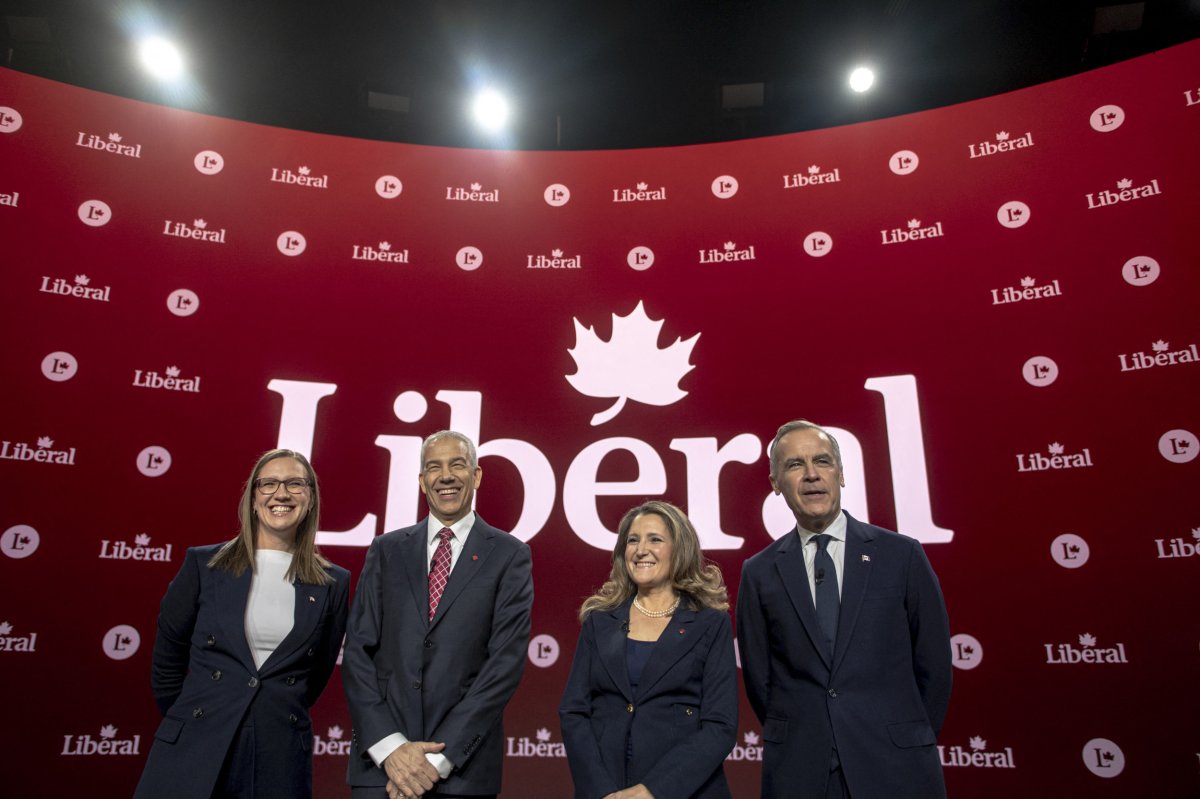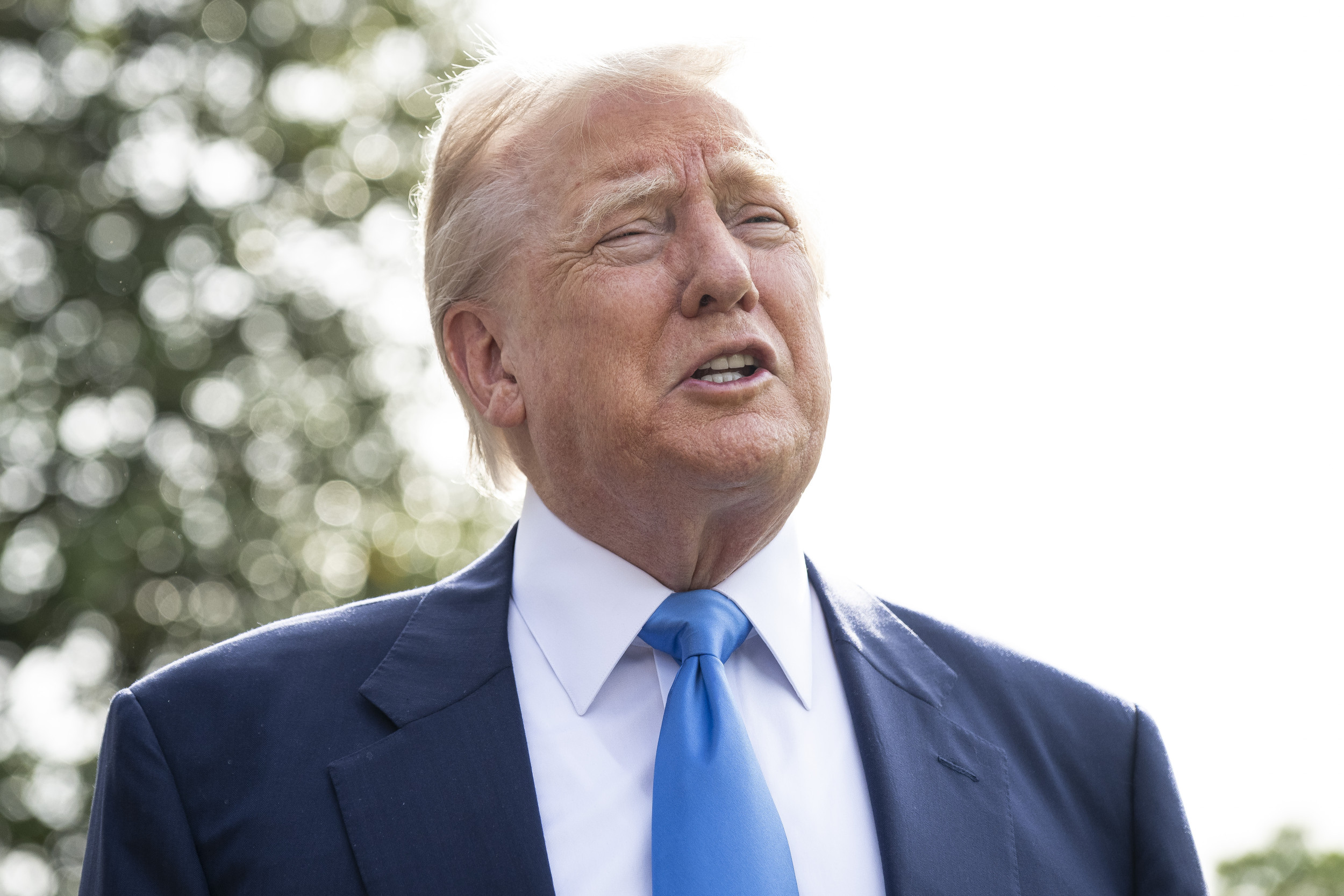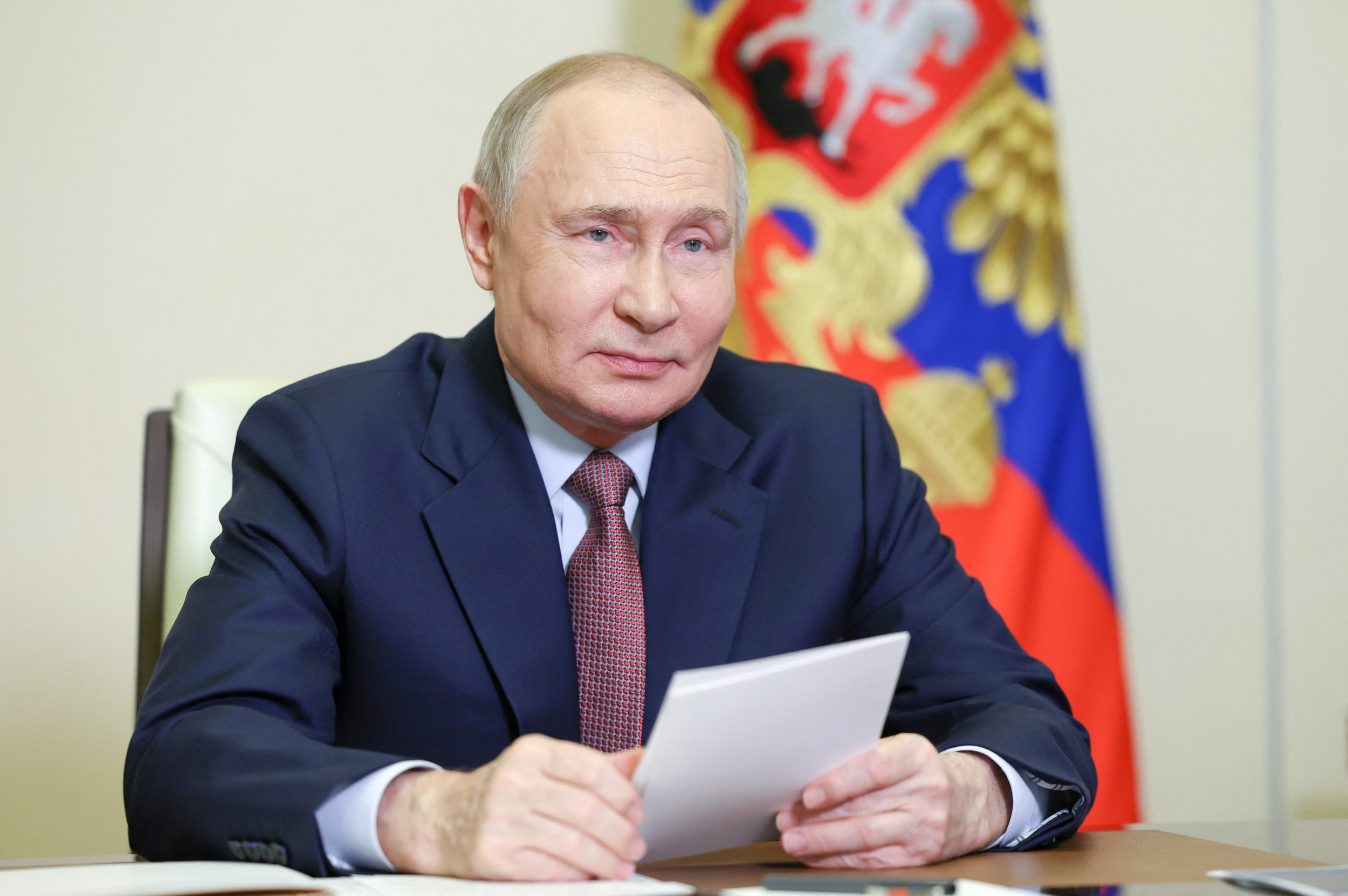🎙️ Voice is AI-generated. Inconsistencies may occur.
For the first time in years, Canada's Liberal Party has overtaken the Conservatives in federal election polling, marking a dramatic reversal just months before voters head to the polls—and U.S. President Donald Trump may be partly to blame.
With Trump threatening sweeping tariffs on Canadian exports, economic concerns have surged to the forefront of the election campaign, disrupting the Conservative Party's once-dominant lead. A new Ipsos poll for Global News shows the Liberals now at 38 percent support among decided voters, edging out Pierre Poilievre's Conservatives at 36 percent.
Why It Matters
The sudden shift in Canada's election polling follows a period of deep political turmoil within the governing Liberal Party. Just six weeks ago, Pierre Poilievre's Conservatives held a commanding 26-point lead, fueled by widespread dissatisfaction with Prime Minister Justin Trudeau's leadership.
With public support for the Liberals at historic lows—polling as low as 20 percent in early January—Trudeau ultimately announced his resignation, triggering a leadership race to determine his successor.
At the time of Trudeau's departure, political analysts widely predicted a decisive Conservative victory in the upcoming federal election, which must be held by October 2025.
What To Know
"The Liberal leadership is changing, Justin Trudeau has left, and there's going to be a new leader of the Liberal Party. I think people are interested in seeing who that's going to be," said Darrell Bricker, CEO of Ipsos Public Affairs.
Beyond the leadership change, Bricker pointed to a significant external factor influencing voter sentiment: economic instability fueled by Trump's trade policies.
"The threat from south of the border has moved us off litigating whatever the Liberals did over the last 10 years to the here and now, which is dealing with the United States," he said.

The recent polling shift suggests that Trump's threats of sweeping tariffs against Canada have reshaped the national conversation. Over the past year, Poilievre's Conservatives have framed their campaign around domestic issues such as affordability and opposition to the carbon tax.
However, with mounting U.S. economic pressure, those concerns have been overshadowed by fears of job losses and economic downturns linked to American trade policy. Trump recently inflamed tensions by calling Trudeau "governor" and suggesting he was serious about making Canada the 51st U.S. state.
The Liberal resurgence has been most pronounced in central and eastern Canada.
Quebec and Ontario, historically crucial battlegrounds, have seen a significant increase in Liberal support. In Atlantic Canada, the Liberals now lead by 21 points, while in British Columbia, they are statistically tied with the Conservatives. Poilievre, however, maintains a stronghold in the Prairies and Alberta, where Conservative support remains dominant.
While the Liberals have gained momentum, their path to victory is far from certain. The party still needs to finalize its new leader, with former Bank of Canada governor Mark Carney and Deputy Prime Minister Chrystia Freeland among the top contenders. Some polling scenarios suggest a Carney-led Liberal Party could run neck and neck with the Conservatives at 39 percent each.
Polling also found that 86 percent of Canadians want an election as soon as possible so that a new government can directly address the economic risks Trump poses. The proposed tariffs, set to take effect in early March, have triggered calls for urgent action, shifting the election focus from domestic grievances to international stability.
What People Are Saying
Former central banker Mark Carney, during a debate Tuesday night: "During a crisis, it's important to distinguish what you can't control and what you can. We cannot change Donald Trump, but we can control our economic destiny."
Michael McLarney, president of HARDLINES, a newsletter focused on the Canadian home improvement retail industry, told Newsweek: "All these actions constitute a huge wake-up call to Canadians to reassess their trade affiliations and not be so reliant on one partner."
Conservative leader Pierre Poilievre, responding to Trump's tariffs: "We must put Canada first. That is why common-sense Conservatives condemn President Trump's massive, unjust, and unjustified tariffs, which will damage both the American and Canadian economies. Canada is the United States' closest friend, greatest ally, and most important neighbor."
What Happens Next
If the Liberals can maintain their current polling trajectory, they could be poised for a return to power. But with economic uncertainty, a shifting political landscape, and a still-divided electorate, the race remains far from settled.
Following Trudeau's resignation as party leader and prime minister, the Liberals are set to choose a new leader on March 9. However, that leader could end up serving the shortest tenure of any prime minister in Canadian history. All three opposition parties have vowed to bring down the Liberals' minority government in a no-confidence vote when Parliament resumes on March 24.
fairness meter
About the writer
Jesus is a Newsweek reporter based in New York. Originally from Bogotá, Colombia, his focus is reporting on politics, current ... Read more




